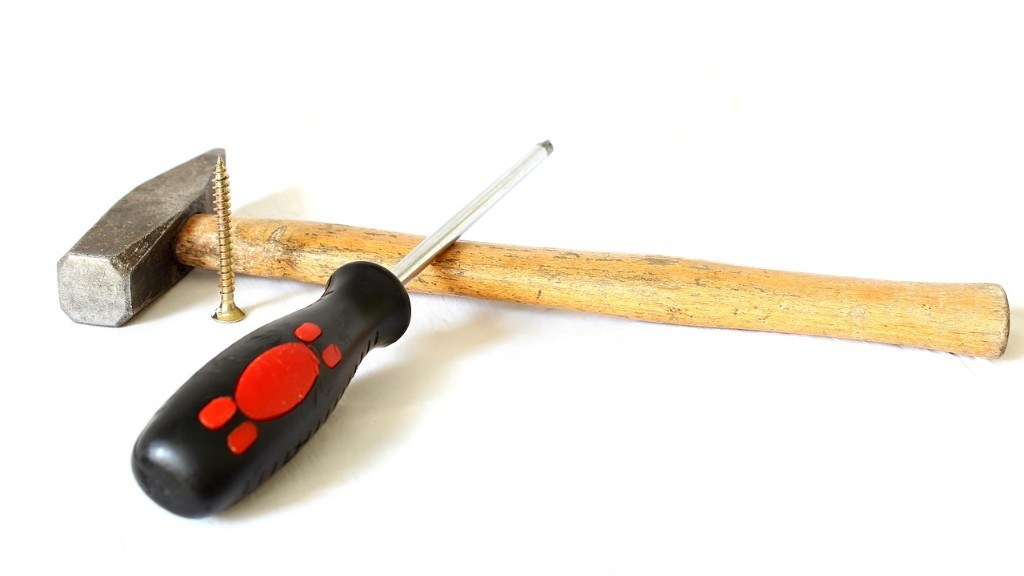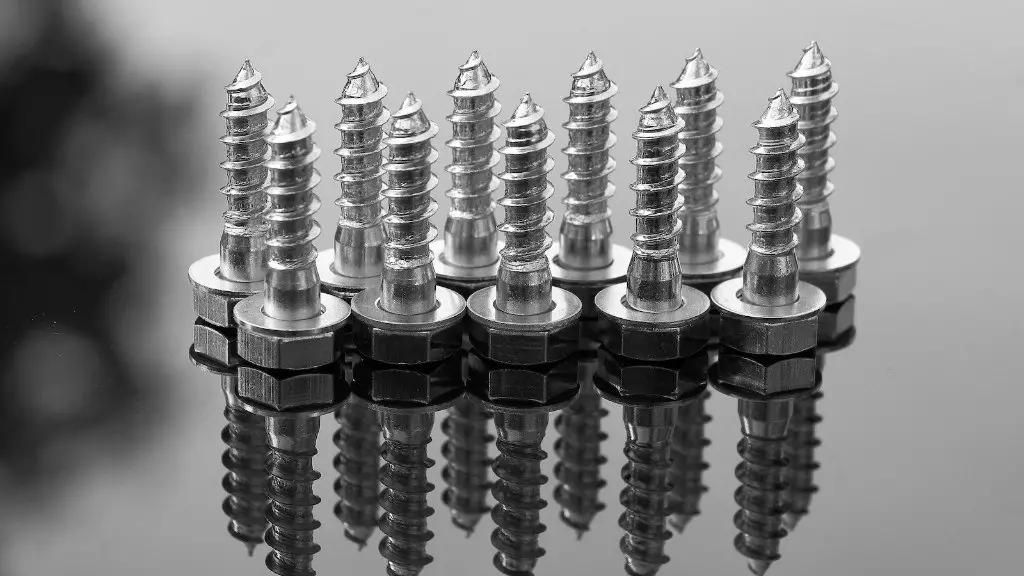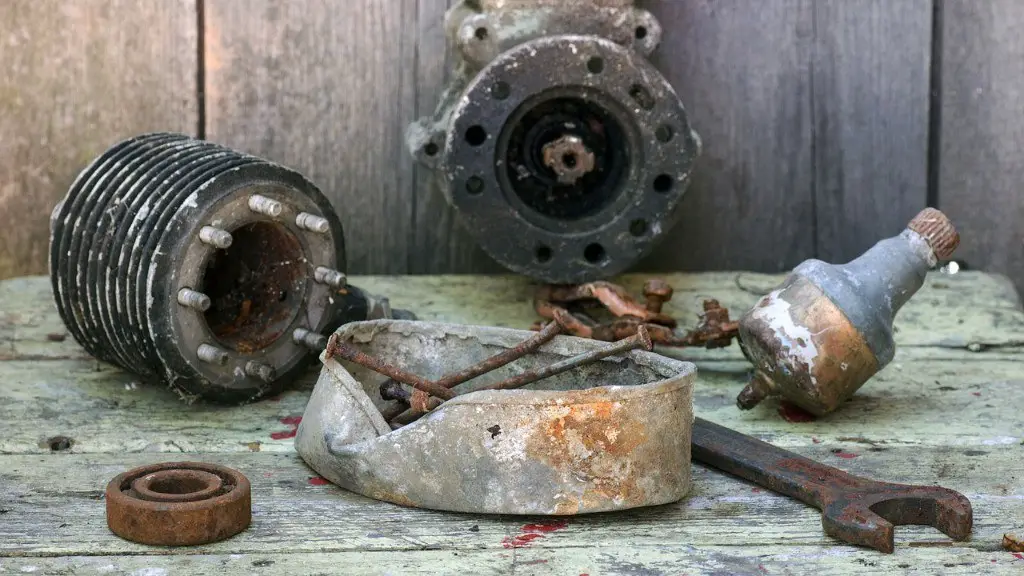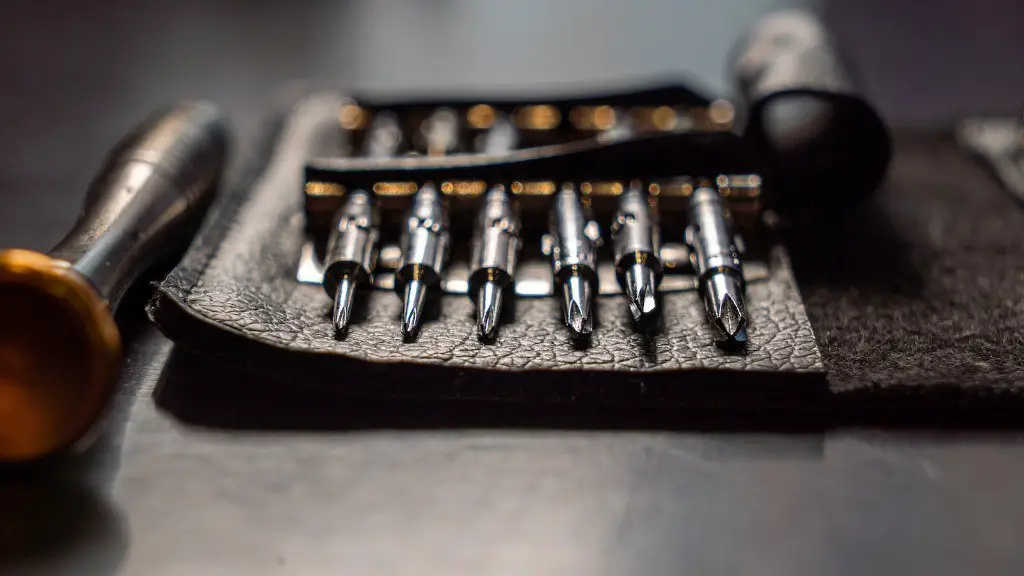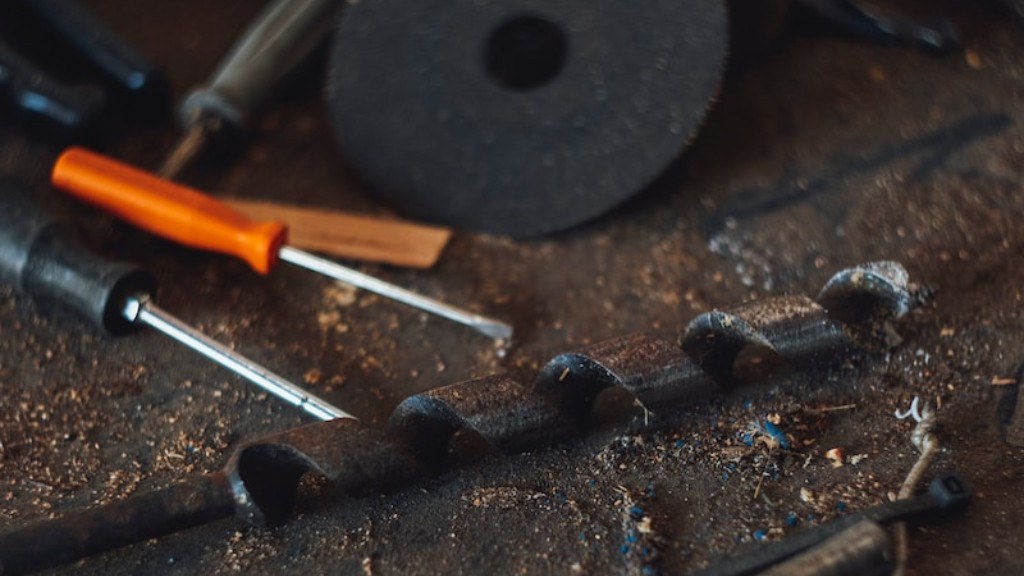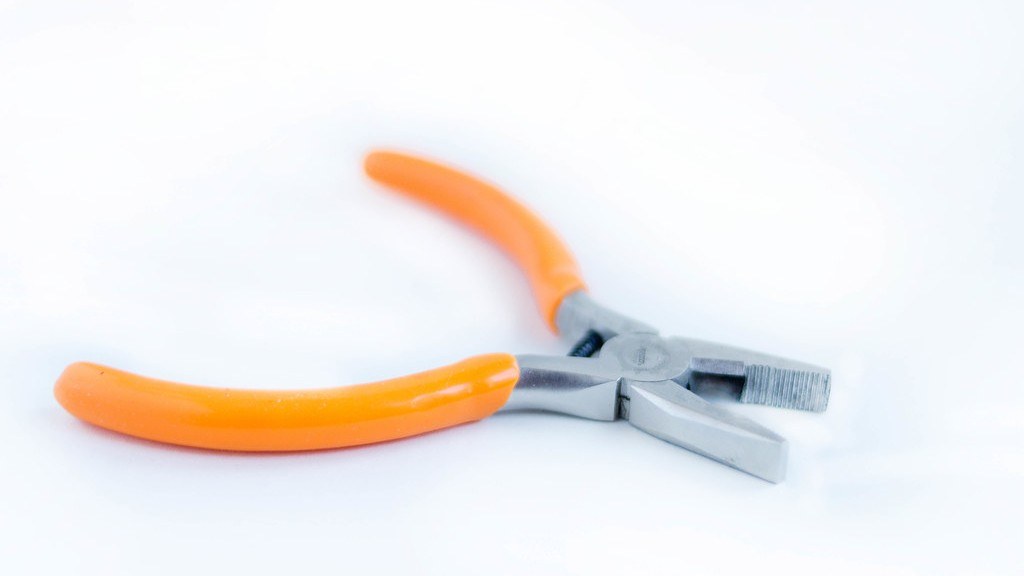An electrician is a tradesman who specializes in the installation and maintenance of electrical systems. Electricians are trained to work with a variety of hand and power tools, including screwdrivers. The most common type of screwdriver used by electricians is the Phillips head screwdriver.
The type of screwdriver used by electricians is usually a Phillips head screwdriver.
What kind of screwdrivers do electricians use?
Electricians use the 55mm and 8mm wide flathead screwdrivers to work with electrical wiring. These screwdrivers are specially designed to work with electrical wiring and provide the necessary leverage and torque to loosen or tighten the connections. You can use a flathead screwdriver on its own or with a power tool. Even though using it with a power-driven device is easy, you will need to pay attention while working. The screwdriver can move out of the power tool if you slip or apply a lot of pressure.
Receptacle screws are used to fasten outlet boxes or other receptacles to existing construction. Long screws are useful when mounting switch covers to thick surfaces, such as those with paneling. These receptacle screws feature a truss head, which is wider than both round and pan head screws.
What does VDE screwdriver mean
The VDE is a German-based certification organization that is responsible for testing and certifying electrical tools and appliances. The VDE mark is a widely recognized and respected mark of safety and quality, and products that carry the VDE mark are widely accepted as being safe and of high quality.
A VDE screwdriver is a critical tool for any electrician’s kit. It is used to ensure you are safe when working with electricity. All VDE screwdrivers from trusted trade brands meet the VDE standards.
What tool do electricians use most?
An electrician is a tradesman specializing in electrical wiring of buildings, transmission lines, stationary machines, and related equipment. They are also involved in the installation and maintenance of electrical systems. Electricians may be employed in the installation of new electrical components or the maintenance and repair of existing electrical infrastructure.
The following is a list of the top 10 tools that every electrician needs:
1) Digital Multimeter: A digital multimeter is perhaps the most iconic tool to the electrical trade. It is used to measure voltage, current, and resistance.
2) Voltage Tester: A voltage tester is used to test for the presence of AC or DC voltage.
3) Circuit Finder: A circuit finder is used to locate breakers, fuses, and other electrical components in a circuit.
4) Diagonal Cutting Pliers: Diagonal cutting pliers are used to cut wire and cable.
5) Side Cutting Pliers: Side cutting pliers are used to cut wire and cable.
6) Long Nose Pliers: Long nose pliers are used to reach into tight spaces and grasp wire and cable.
7) Wire Strippers: Wire strippers are used to strip the insulation from wire
An electric screwdriver is a power tool that is used to drive screws. It is powered by electricity and has a rotating tip that is used to screw or unscrew screws. There are different types of electric screwdrivers, and they vary in size, shape, and power.
What size are electrical screws?
Switch plate screws are the screws that are used to attach a switch plate to a wall. They are generally 6-32 screws, which means that they have a thread diameter of #6 and 32 threads per inch.
The ECX bit is a specialized drill bit that is designed for use with electrical connections and screws. It is made from a tough material that is resistant to slipping and stripping, and it provides a tight, secure fit.
Why do electricians use flat-head screws
Flat drive screws are an older type of screw that allows for more torque to be applied. However, the screw driver has a tendency to slip out of the sides, making them less effective.
This is a good safety measure to take when working with electrical circuits. By only exposing the tip of the screwdriver, you can avoid coming into contact with any live parts of the circuit. This will help to keep you safe from electrical shocks.
Why do electricians use insulated screwdrivers?
Hand tools that are insulated help to protect workers from electrical shock and arcing. This is important when working with live electrical equipment. The insulation also helps to protect the equipment from damage.
Torx screws are becoming increasingly popular, as they offer a number of advantages over traditional screws. They’re less likely to strip the head, making them ideal for use in high-torque applications. They also provide a more secure grip, which can be important in applications where vibration is an issue.
Do electricians use torque screwdrivers
A torque screwdriver is a type of screwdriver that is used to apply a specific amount of torque to a screw. This is often used by electricians to ensure that they are not overtightening or undertightening screws.
A screwdriver is an important tool for electricians because they often need to tight or loosen screws. Tape measures are also critical for electricians as they need to be able to accurately measure distances. An electric drill is another key tool, as electricians oftentimes need to drill holes. A level is also important to ensure that things are level and even. Wire strippers are necessary for electricians to be able to strip the insulation off of wires. Fish tape is a tool that helps electricians pull wires through walls or other tight spaces. A voltage tester is a critical safety tool that helps electricians avoid electrocution.
What devices do electricians use?
As an electrician, you need to have the right tools in your tool kit in order to do your job properly and safely. Here is a list of 13 essential tools that every electrician should have in their tool kit:
1. Wire strippers – for safely removing insulation from electrical wires.
2. Insulated screwdrivers – to prevent shocks when working with live wires.
3. Insulated pliers – for the same reason as insulated screwdrivers.
4. Electrical tape – for bundling and securing electrical wires.
5. Hacksaws – for cutting through electrical conduit and other materials.
6. Cable cutters – for cutting through electrical cables.
7. Spanners – for tightening and loosening nuts and bolts.
8. Voltage tester – for testing electrical circuits for live voltage.
9. Digital multimeter – for more accurate voltage testing and other electrical measurements.
10. Non-contact voltage tester – for quickly testing for live voltage without having to make contact with the wires.
11. Ground fault circuit interrupter (GFCI) – for added safety when working with electrical circuits.
12. Circuit breaker finder – for
An electrician is someone who installs, maintains, and repairs electrical systems. Electricians may hold a Level 3 Technical Certificate and the National Electrotechnical Training (NET) AM2 certificate. Electricians must have evidence to show that they have been working in the electrical industry for a reasonable period of time.
Warp Up
A Phillips head screwdriver is used by electricians.
After doing some research, it seems that the most commonly used screwdriver by electricians is a flathead screwdriver. This is likely due to the fact that flathead screwdrivers are able to fit into most electric sockets.
